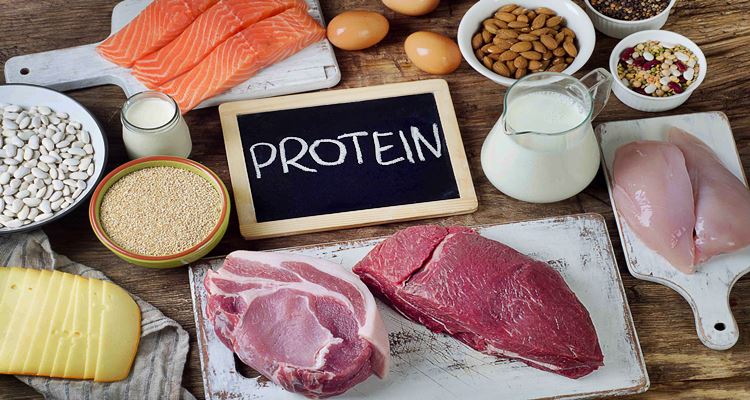Curious about protein function? Here are some things to know about this!
PROTEIN FUNCTION – Some things to know about the importance of protein and its key functions to the body that you probably don’t know yet.
What is mostly responsible to every cellular task are the proteins. They are responsible for cell shape, inner organization, product manufacture and waste cleanup, and routine maintenance.

They are also the ones who receives signals from the outside cells for intracellular mobilization.
It can exist alone or a part of a multi-unit structure. They can be big or small, mostly hydrophilic or mostly hydrophobic. And they play key and essential roles to the body.
Here are the seven types of proteins and their function:
- Antibodies – the type that protect the bodies from antigens or foreign invaders. They can travel through the bloodstream where the immune system can utilize them to fight against bacteria, viruses, and other foreign invaders.
- Contractile Proteins – the type that’s responsible for muscle contraction and movements.
- Enzymes – the catalysts of all metabolic reactions. Life is impossible without enzymes.
- Hormonal Proteins – the proteins for bodily functions.
- Structural Proteins – one example of this collagen. Generally, this type is the one that maintains and protects the structure.
- Storage Proteins – they keep the reserve amino acids until such time the body is ready to use this reserves.
- Transport Proteins – the carrier of proteins.
According to an article from Healthline, here are the key roles of proteins:
- for growth and maintenance of body tissues
- for biochemical reactions to take place
- for bodily functions such as digestion, energy production, blood clotting, and muscle contraction
- for transporting chemical functions between cells, tissues, and organs
- for the stiffness and rigidity of the cells like keratin (for the hair, nails, and skin), collagen (for bones, tendons, ligaments, and skin), elastin (to allow tissues contract and stretch and still return to its original shape)
- for the regulation of acids and bases of body fluids
- for maintaining good immunity
- for transporting and storing nutrients for the body
- for supplying the body with energy
READ ALSO:
- Symptoms Of High Cholesterol – Does High Cholesterol Have Signs?
- Black Pepper – Here Are The Benefits and Uses Of Black Pepper
What can you say about this? Let us know!

